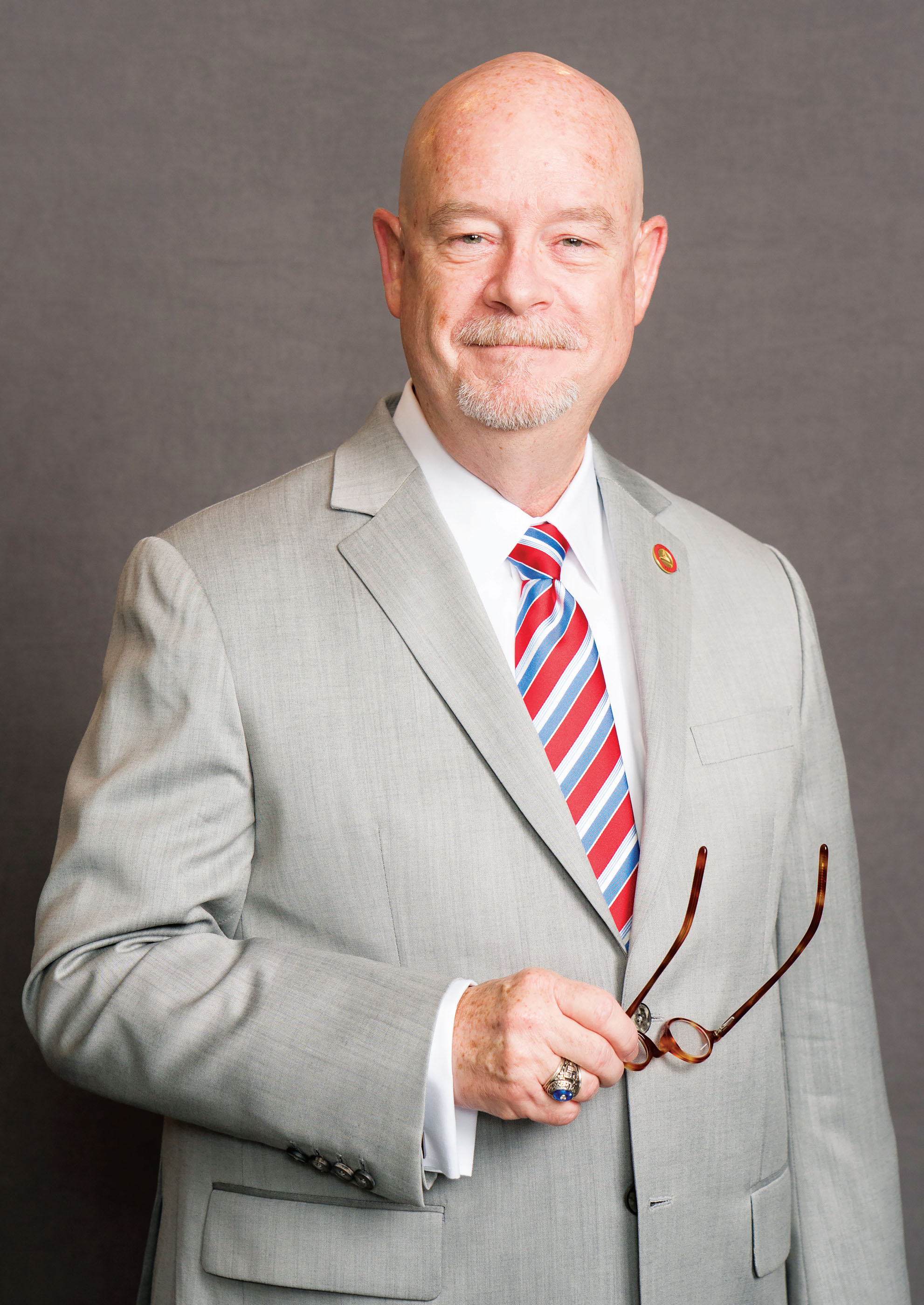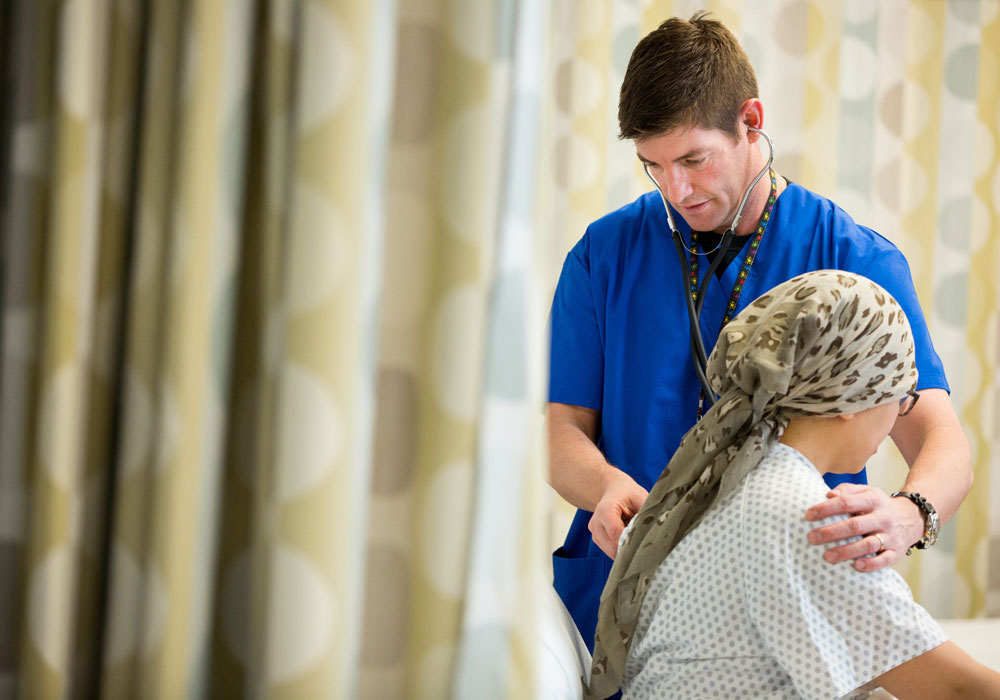Radiation therapy (RT) has been used as a safe and effective treatment option for patients with cancer for more than a century. Like any cancer therapy, it does carry risks and side effects, but RT has improved drastically over the past 20 years and has even been shown to enhance the effectiveness of immunotherapy.

RT is a positive option for many patients because it is noninvasive. It’s commonly given as a series of outpatient treatments, so patients usually don’t have to stay in the hospital. It is also frequently given in combination with other treatments, or in the neoadjuvant or adjuvant setting, either to shrink tumors before a surgical intervention, or after a surgical or chemotherapy treatment to reduce the risk of recurrence.
In addition to curative use, RT can be used palliatively to improve patients' quality of life even when a cure is not possible. It relieves pain, reduces swelling, improves breathing, and treats a number of other cancer symptoms.
The American Society for Radiation Oncology (ASTRO) found that the most common patient concerns about RT were side effects, treatment effectiveness, and damage to healthy tissue. Patients may have memories of loved ones experiencing severe side effects in the past. However, treatments today are much more precise, which may minimize side effects, protect the surrounding organs, and reduce toxicity.
As patient educators and trusted clinicians, oncology nurses can help dispel uncertainty about radiation. They often become the primary source of patient information and support throughout treatment. ASTRO strongly supports an interprofessional approach to patient care and encourages oncology professionals to work with radiation oncologists. Together we can determine whether a patient may benefit from RT, identify their information needs, and work to educate and comfort them.
ASTRO is the biggest source of education for our field. We foster continued learning through three scientific journals, an online ASTRO Academy with on-demand and live webinars, and a variety of medical meetings. Our annual meeting will offer 200+ hours of continuing education this year. ASTRO advocates before U.S. Congress, the White House, and other federal agencies to protect and promote radiation oncology and the interests of patients with cancer. Key advocacy issues include safeguarding access to RT, increasing investments in cancer research, and eliminating unnecessary delays from prior authorization.
To find patient-centered educational tools on different types of cancer and the potential role of RT, visit the ASTRO-sponsored website, RTanswers.org.






